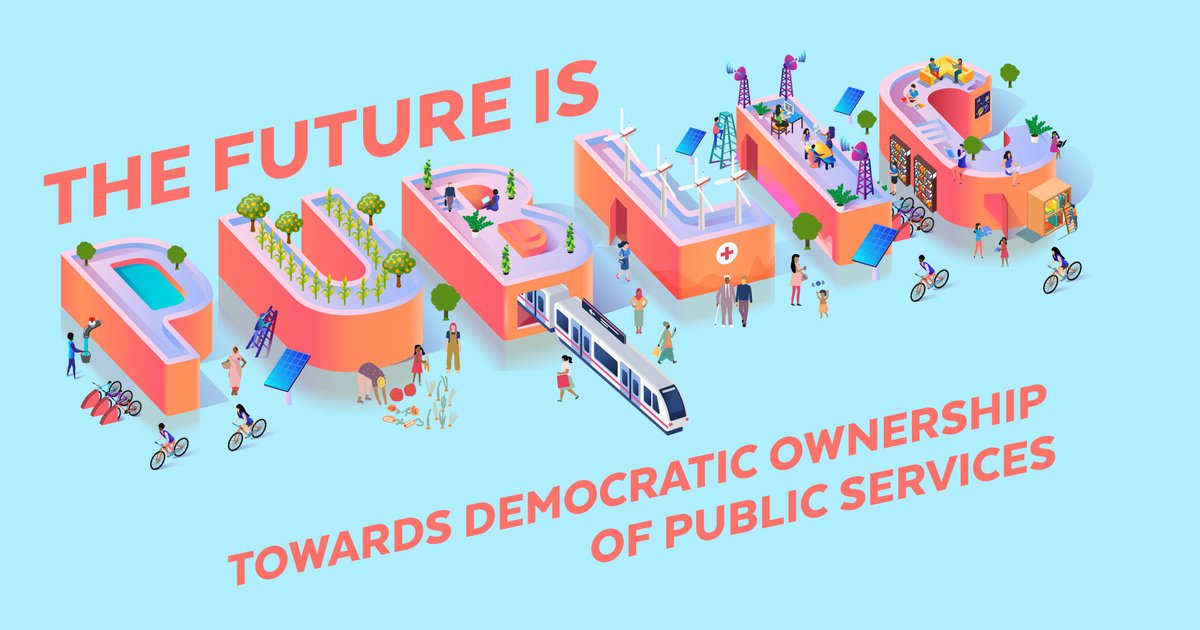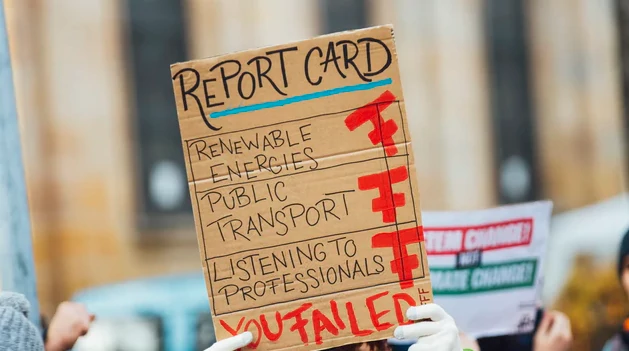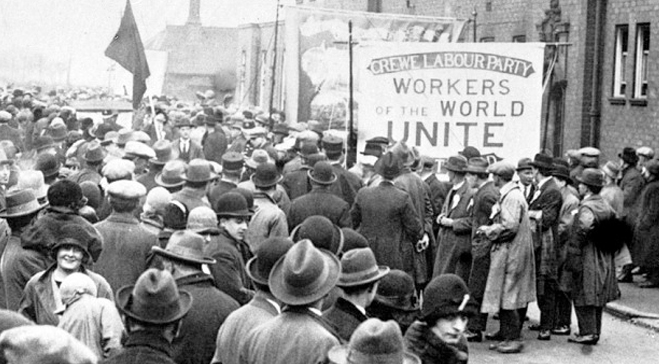
Reading through the unprecedented: 2020 reads
Welcome to the end of 2020 where a pandemic made the first half of this year unprecedented, and the rest of it unbelievable, but devastatingly true. Last year, my end-of-year reading compilation was titled 'Reading Balzac in end-times'. So this year, I will avoid any attempt to sum up the dreadful, brutal year that was 2020. Here are my 2020 reads.








